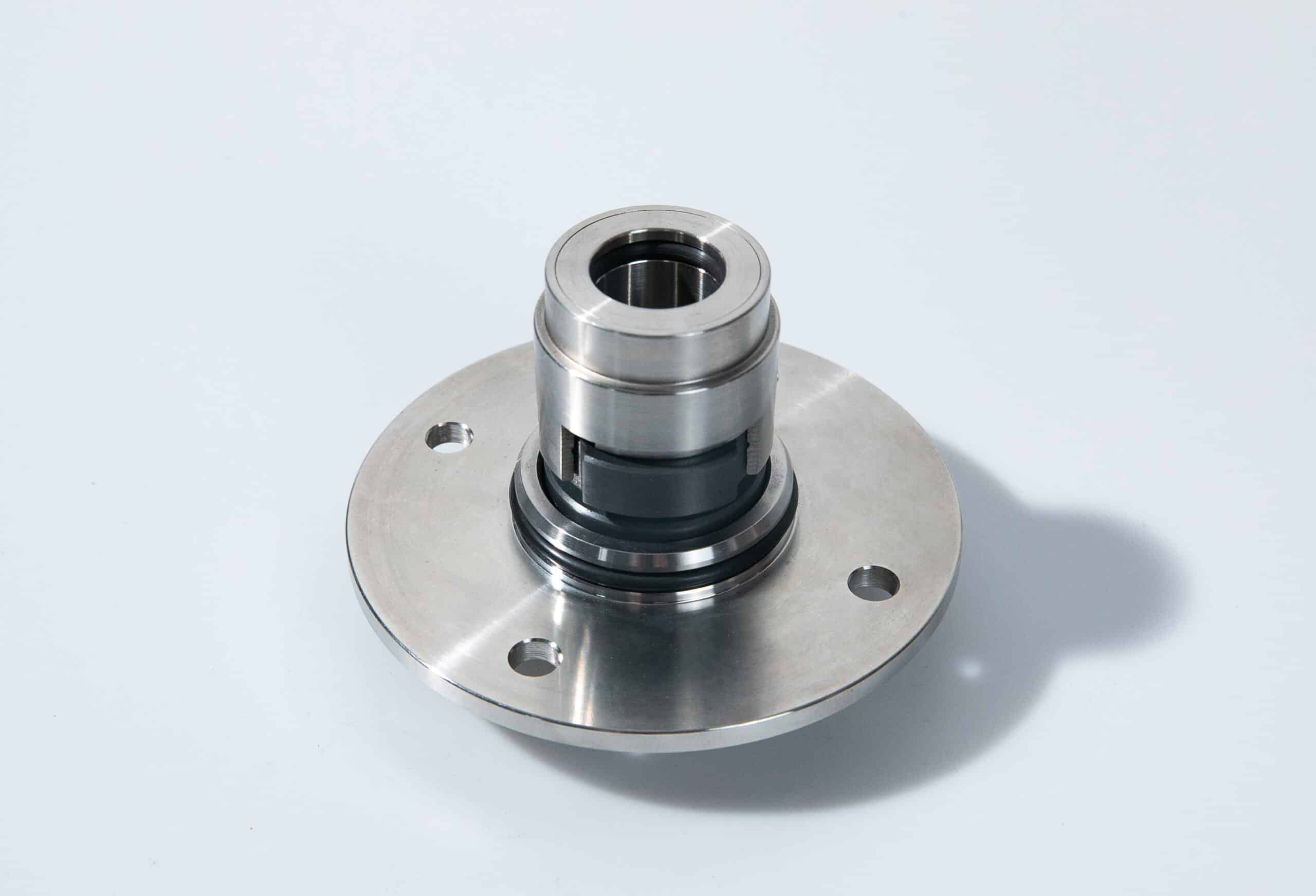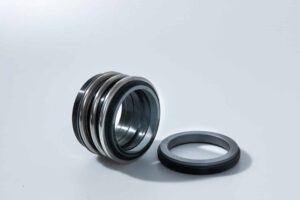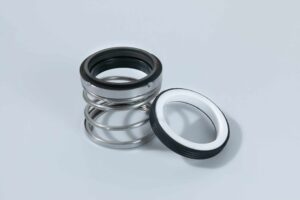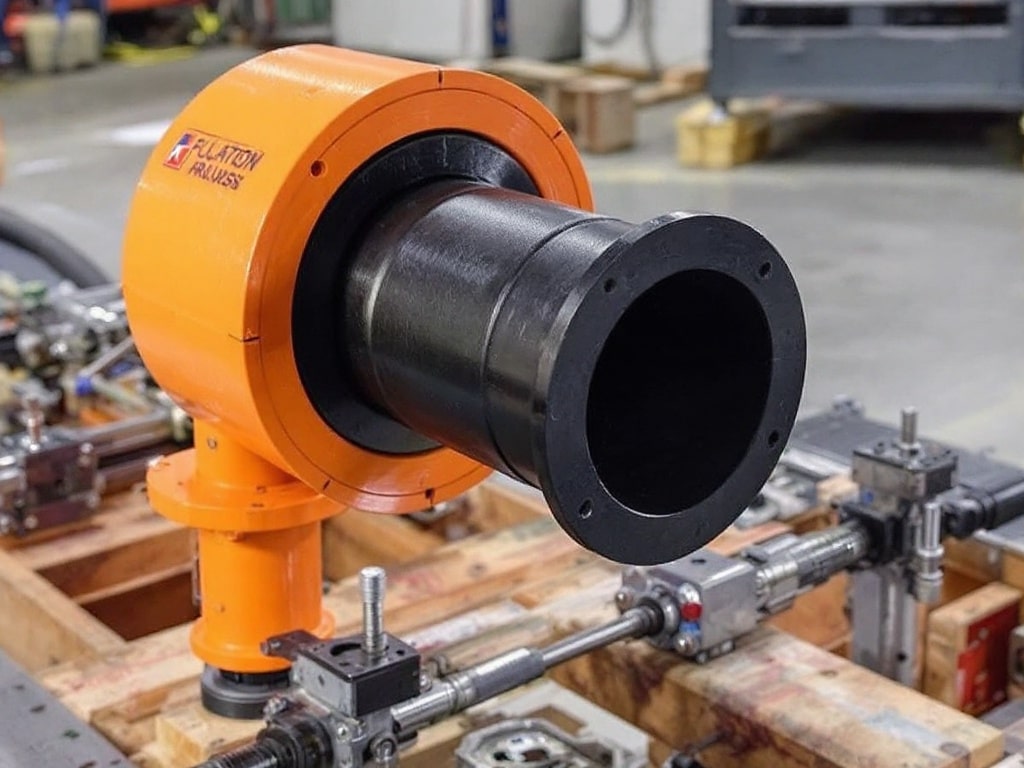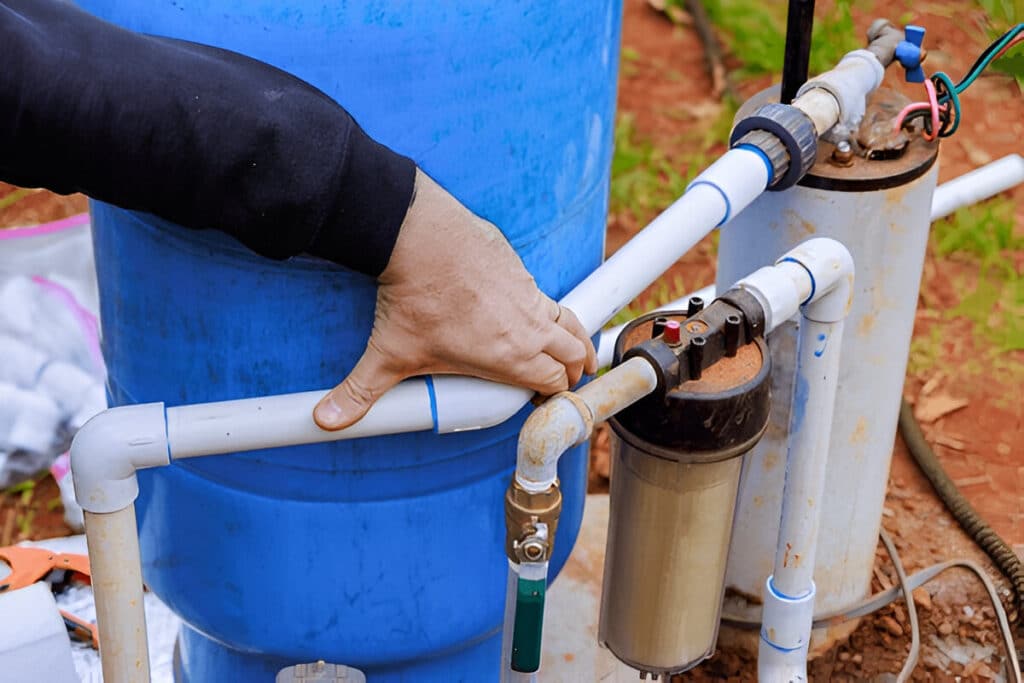Mechanical seals reduce emissions, prevent leakage, enhance equipment efficiency, extend machinery lifespan, and conserve water. These benefits contribute to more sustainable industrial operations and reduced environmental footprint.
However, mechanical seals may also have potential negative impacts that need consideration for a comprehensive environmental assessment.
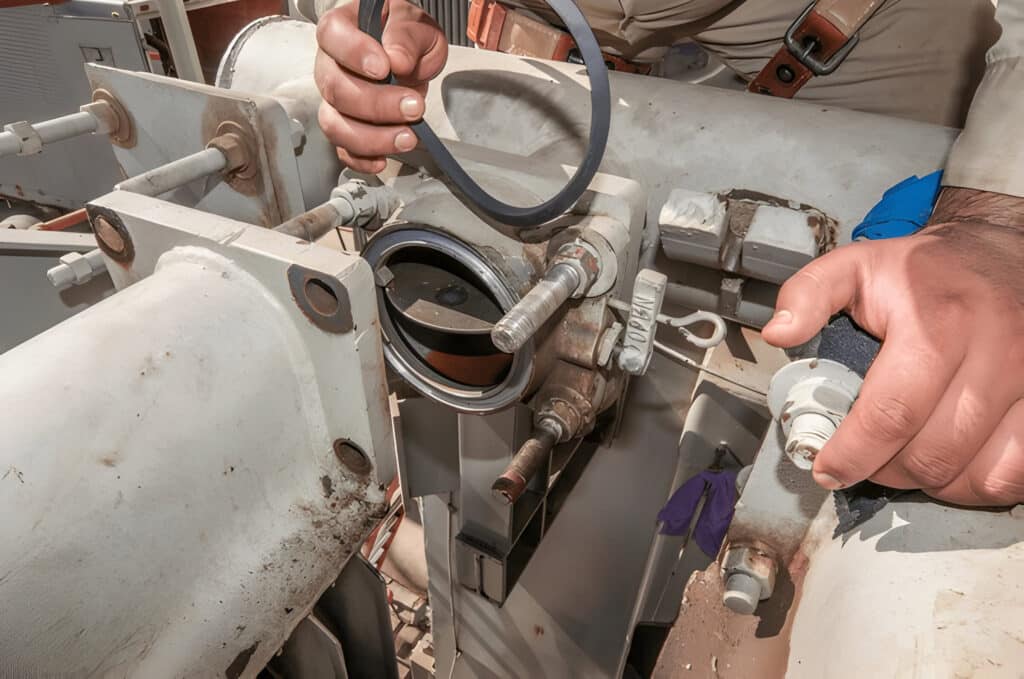
Reduced Emissions
In rotating equipment, such as pumps and compressors, mechanical seals create a barrier between the equipment’s interior and the external environment. This barrier drastically reduces fugitive emissions, which are unintended leaks of gases or vapors from pressurized systems.
The reduction of emissions through mechanical seals contributes to improved air quality and helps industries comply with stringent environmental regulations. Many countries have implemented strict emission control standards, making mechanical seals an essential component in meeting these requirements.
Leakage Prevention
Mechanical seals precision-engineered components create a barrier between rotating equipment and stationary housing, effectively containing fluids and gases within the system. By minimizing leakage, mechanical seals significantly reduce environmental contamination and product loss.
Leakage prevention through mechanical seals contributes to improved workplace safety. By minimizing the presence of leaked fluids, these seals reduce slip hazards and exposure to potentially harmful substances. This aspect is particularly crucial in industries handling corrosive, toxic, or flammable materials.
Enhanced Equipment Efficiency
The precision engineering of mechanical seals creates a tight, low-friction barrier that prevents leakage and reduces power loss. This results in decreased energy requirements for equipment operation, leading to lower operational costs and reduced environmental impact.
Extended Equipment Life
The use of high-quality mechanical seals reduces friction between rotating and stationary components. This reduction in friction leads to less wear and tear on equipment parts, ultimately extending their useful life. As a result, companies can reduce maintenance frequency and associated downtime costs.
Mechanical seals also protect equipment from contamination by external particles and fluids. This protection is especially important in harsh industrial environments where exposure to abrasive materials or corrosive substances can rapidly degrade machinery components.
Water Conservation
By effectively preventing fluid leakage, these seals significantly reduce water waste in various applications. In pump systems, properly functioning mechanical seals can save thousands of gallons of water annually, contributing to overall resource efficiency.
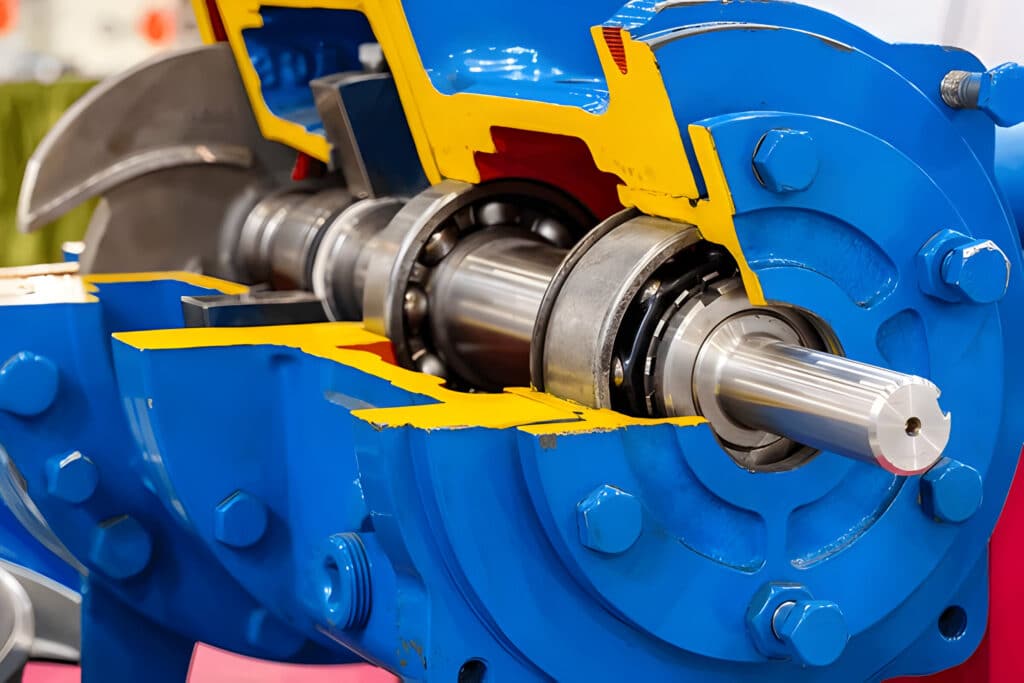
Potential negative impacts
Leakage and Environmental Contamination
Leakage is one of the most significant environmental concerns associated with mechanical seals. Even minor seal failures can result in the release of process fluids, which may include hazardous chemicals, oils, or other pollutants. These leaks can contaminate soil and water sources, potentially harming ecosystems and posing risks to human health.
Manufacturing and Disposal Impacts
The production process involves the use of various materials, including metals and synthetic compounds, which require energy-intensive extraction and processing. Additionally, worn-out seals often end up in landfills, contributing to solid waste accumulation.
Particle Emissions and Air/Water Quality
Seal face materials, such as carbon or silicon carbide, can release fine particles during operation. These particles may enter the atmosphere or water systems, potentially affecting air and water quality. While the impact is generally minimal in well-maintained systems, it becomes more significant in cases of seal degradation or improper maintenance.

